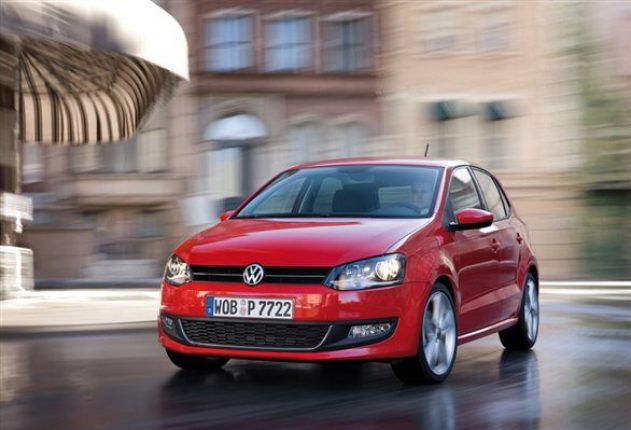Volkswagen, Europe’s largest carmaker, announces a significant enhancement in driver safety, with the introduction of dual front airbags as standard fitment on variants of the Polo. In keeping with its ethos of offering best-in-class build quality, technology and safety, Volkswagen is now the first automobile manufacturer in the country to offer dual front airbags as standard equipment in the premium hatchback segment.
Building further on enhancing the safety aspect of its cars, Volkswagen is now also offering anti-lock brakes (ABS) as standard fitment on the Comfortline version of the Polo.
In a move to partially offset increased inputs costs and changes in the exchange rate, Volkswagen has announced a 2.7% price hike on all variants of the Polo and Vento. This price hike, of up to Rs 22,700 for the Polo and up to Rs 26,800 for the Vento, will be effective from 1st February 2014.

Commenting on new safety features on the Polo, and on the price hike for the Volkswagen Polo and Vento, Mr. Arvind Saxena, Managing Director, Volkswagen Passenger Cars, Volkswagen Group Sales India Pvt. Ltd said “We are proud to be leading the cause of driver safety, and we believe the introduction of airbags as standard fitment across all variants of the Polo is a major step forward in the context of safety. Once again, this step underlines our commitment to producing better cars – and better-equipped cars – for the discerning Indian consumer.”
“Input costs have steadily increased over the last few months, and exchange rate movements have not been favourable. We have tried our best to absorb some of these, but in order to be able to continue to offer best-in-class quality and technology to our customers, we have now announced a 2.7% hike in our car prices.”

Airbags can be invaluable in the event of a collision. Programmed to deploy instantly in the event of a collision, airbags prevent a car’s occupants from coming into contact with hard materials in the cabin. Hence, airbags lead to a significant reduction in the probability of a car’s occupants sustaining severe injuries in case of an accident.
In an emergency situation, ABS allows a driver to brake extremely hard, without there being any risk of the car’s wheels locking up, which can subsequently lead to loss of control. ABS works in all weather conditions as well as on wet, slippery tarmac, and is hence an important safety feature.


